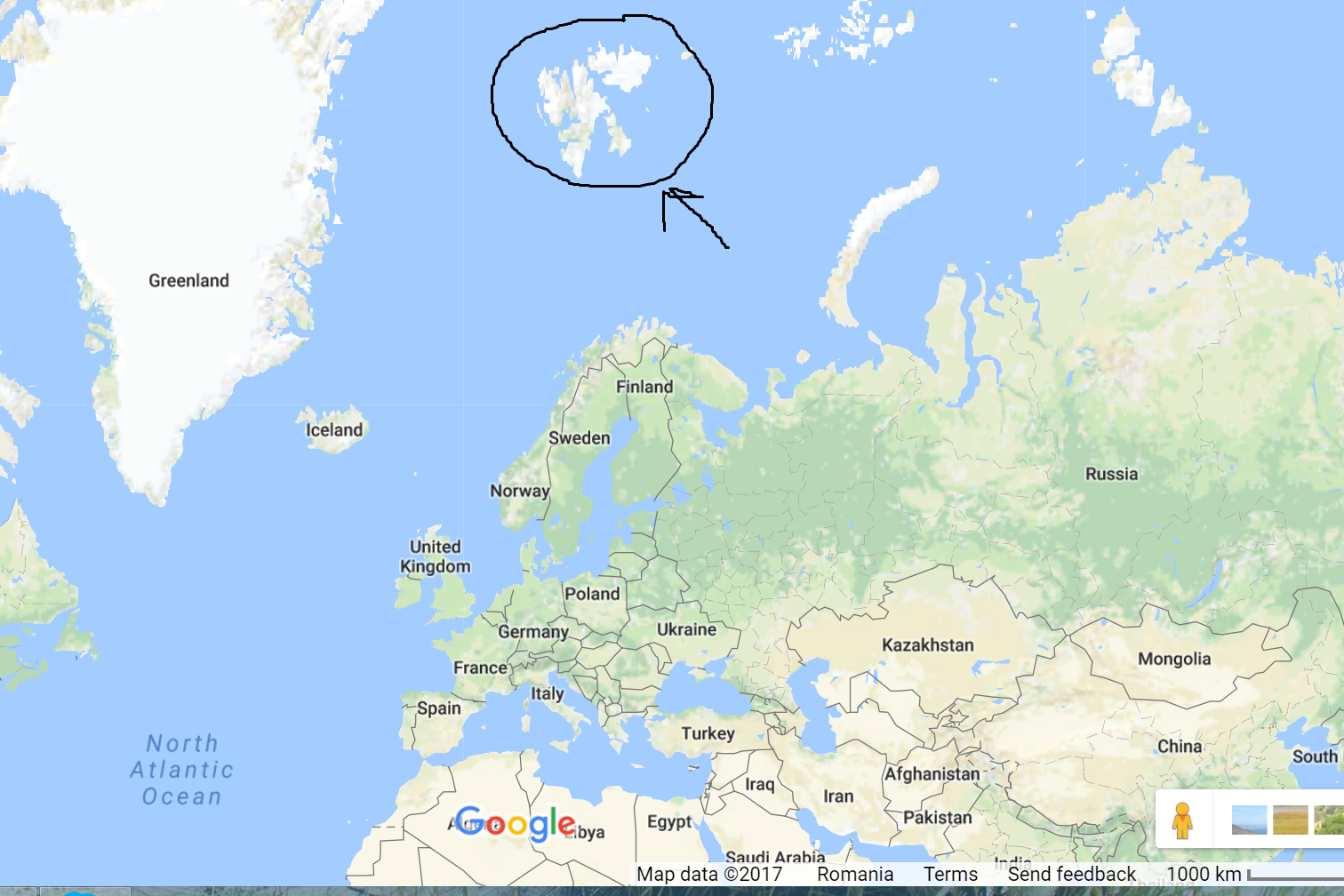Did you ever wonder what it would be like to live in a country where it’s easy for the legislative branch to pass laws quickly? When was the last time the US passed a law? The partisan politics in the US are infuriating. It feels like the last law that passed was during Obama’s first two years of presidency.
In theory, living in a country where the laws are passed quickly is great. In practice, as we’re experiencing, the speediness of new law implementation creates numerous problems. For one thing, there is not enough time to train employees – both within the government and within firms that must comply- on the new law before it’s implemented. Additionally, the laws are written in such vague terminology that they are interpreted differently by each decision maker. We’ve experienced this several times already from opening a checking account at the bank to applying for our residency permit. It comes down to who you talk to, not what the law or procedure dictates.
EU vs. Romanian Laws
Work is picking up for both of us. Carl is gaining expertise in something called GDPR. What is GDPR you ask? It’s the biggest problem for European businesses that most folks don’t know about. At a very simple level, it’s a new privacy regulation that goes into effect in May 2018 and is governed by the EU. Fines are 4% of global turnover (revenue) or €20 million – whichever is greater – for violating the new guidelines. Any firm doing business in Europe has to comply with these new rules. And to complicate matters even more, the UK hasn’t decided what it wants to do after Brexit. So there’s likely to be an entirely different set of laws for the UK. Yikes!
As you would imagine for a developing country like Romania, a fine like 20 million euros would shutter most companies. Firms are making sure that they are as compliant as possible which is why they’re hiring smart people like Carl to help with the implementation. It’s a complicated law, and it will make all traditional marketing research (i.e., surveys and observational research) as well as data and text mining REALLY difficult for firms to conduct among Europeans.
Romania is in a tough position. On the one hand, Romania is governed by their own state laws which are constantly evolving. On the other hand, they’re also governed by EU laws which often apply more severe penalties than Romanian firms can afford. Often the two governing structures make life difficult for firms since there are so many laws with which to comply. And due to the rapidly changing environment, firms are not proactive with compliance because the regulations change so often.
Romania’s Semi-Presidential Government Model
A short civics lesson…
Romania works on a hybrid presidential/parliamentary legislative structure (called a semi-presidential model), where the country has both a president and a prime minister. The president represents the country on an international level and the prime minister, who reports to the president, oversees Parliament. Voters elect the president and the president appoints the PM. Voters also elect their senators (similar to ours) and deputies (similar to our House of Reps). Parliament can easily replace the PM with a “loss of confidence” vote, so as in most parliamentary systems, the PM often kowtows to Parliament. Each PM that comes through the door – and it happens often – can appoint new ministers (similar to our secretaries). With each new PM, and with each new minister, the laws change. In 2017 alone, there have been two PM’s and forty-seven (I think… I lost count, but definitely over 45) changes to the tax law already. The advantage of having a parliamentary system is that laws can get passed quickly, unlike the presidential model. The disadvantage is that laws get passed quickly and there is often not enough time to prep for the change.
Protesting in the Streets
The constant changes to the financial laws are sparking protests. This past Sunday 20,000 people took to the streets of Bucharest to protest the new changes. I wish I could easily explain what the laws are altering, but it is very confusing. I asked several of my colleagues and they also explained that no one understands the new laws. The Finance Minister is targeting multinational firms and trying to keep tax money in Romania as opposed to exporting the tax money to the firm’s HQ. Additionally, there are some more confusing changes where social contributions (for healthcare, pensions, etc.) are changing from the firm’s responsibility to the employee’s responsibility. No one is happy about that. Namely because 158,000 Romanian companies did not pay their taxes last year for 2 million employees. These firms now have to pay several fines as well as back taxes for last year. I’m okay with employees having to pay their portion of the social contributions – similar to the system in the US, even though we split it with our employer- but they’re asking that employees start paying these taxes on Jan 1, 2018. That’s kinda soon to implement such a big change, don’tcha think?
Why does this matter?
My research focuses on engagement among NGO’s. One thing that I learned since I arrived to Romania is that what you read in a newspaper is not necessarily the case in practice. When I read a newspaper article that’s a couple of years old, it’s like reading an article about updating your iPhone 4. Way too old. Moreover, while there are several procedures and laws that are detailed on paper, they are not always enforced- like parking laws, tax deductions for nonprofits, etc. The changes in tax structures and laws affects every aspect of participation with NGO’s. I whole heartedly believe that governments should rely on NGO’s to handle many social causes so that they can concentrate on bigger things like infrastructure, education, public health, etc. Passing laws as quickly as they are getting passed in Romania creates chaos and distrust because the people’s voices are not heard. The decisions often feel like they’re made in a vacuum. There is no CBO weighing in on the economic changes before a law is imposed. It gets passed by gut reactions. The protests are one way to show disapproval, but real change has to occur soon. In the past, the EU has stepped in to help out, but they have bigger fish to fry what with Brexit, Catalonia, and the refugee crisis. Stepping in to sort out Romania’s issues are low on the list. Many international NGO’s are stepping in to sort this out and serve as a mediator. But that information is not widely known among Romanians.
In sum, sometimes having our legislators take years to debate a new law can be annoying, but, in my opinion, it’s much better than the alternative. I remain optimistic that things will turn around soon for Romania. The good thing about abiding by EU laws as well as Romania’s state laws is that there is another governing body watching that can step in if needed.
Travel Updates…
We’re preparing for a couple of trips and our first flock of visitors coming up. We’re traveling to Rothenburg, Germany at the end of the month to attend the Christmas Market as well as to check out the Romantic Road. Should be a wonderful trip! We’re very excited. Rothenburg looks like it’s straight out of a fairy tale! Photo Credit

Once we return, our first visitors- Ruth and Ezra- are coming to visit us. Carl, Isaac, Jethro and I are very excited to see them again! We’re also very excited to show off Bucharest to them!
We also booked a trip to Svalbard, Norway for Christmas. We’re SUPER excited for that trip. In case you’re wondering, Svalbard is about as north as you can possibly get before you hit the North Pole. It seems like an appropriate place to travel for Christmas. Svalbard is one of those cool travel places you’ve probably never heard of. It’s home to over 3,000 polar bears, provides fantastic displays of the Northern Lights (we’re REALLY hoping the weather agrees and we can see them!), has seals, reindeer, and every other type of arctic animal you can think of… and the land is consistently sought after by the Russians. Womp. Womp. The Norweigans are constantly on guard for a Russian invasion. The Russians want the Arctic Ocean for oil exploration and Svalbard is prime territory for them since it’s one of the largest land masses in the Arctic. We hope they’ll be too occupied by the Christmas holiday and will delay any invasions while we’re there. And for any Golden Compass fans… Svalbard is also where the story took place. We’ll keep an eye out for any armored polar bears. Might be better than a Russian invasion 😉
When we get back from Norway, our friends Beth and Wolfram are coming to join us for a few days. We’re looking forward to celebrating the holidays with some familiar friends from home!


